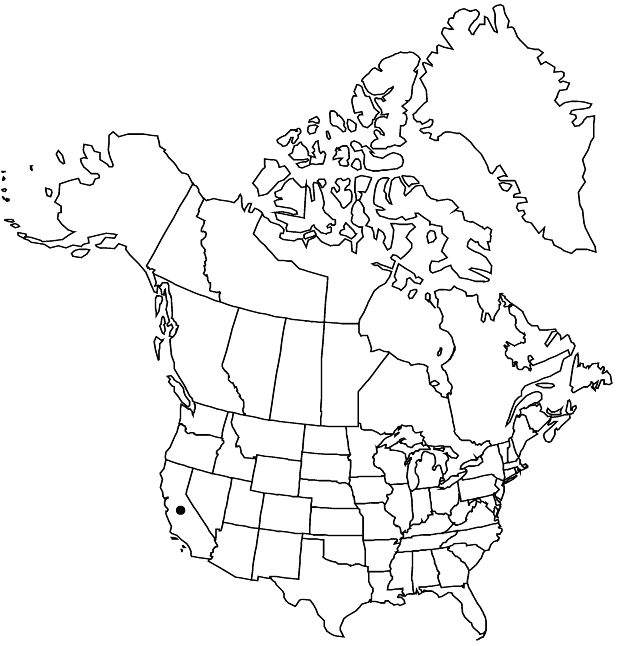familyEricaceae
subfamilyEricaceae subfam. Arbutoideae
genusArctostaphylos
speciesArctostaphylos bakeri
subspeciesArctostaphylos bakeri subsp. sublaevis
Difference between revisions of "Arctostaphylos bakeri subsp. sublaevis"
Four Seasons 8(2): 63. 1988 ,.
Common names: The Cedars manzanita
EndemicConservation concern
Treatment appears in FNA Volume 8. Treatment on page 439.
imported>Volume Importer |
imported>Volume Importer |
||
| Line 54: | Line 54: | ||
|publication year= | |publication year= | ||
|special status=Endemic;Conservation concern | |special status=Endemic;Conservation concern | ||
| − | |source xml=https:// | + | |source xml=https://bitbucket.org/aafc-mbb/fna-data-curation/src/2e0870ddd59836b60bcf96646a41e87ea5a5943a/coarse_grained_fna_xml/V8/V8_856.xml |
|subfamily=Ericaceae subfam. Arbutoideae | |subfamily=Ericaceae subfam. Arbutoideae | ||
|genus=Arctostaphylos | |genus=Arctostaphylos | ||
Latest revision as of 22:46, 5 November 2020
Twigs eglandular-hairy, sessile glands beneath. Petioles 4–8 mm, eglandular-hairy, sessile glands beneath. Inflorescences: immature inflorescence axis 1.5–2 cm, rachis eglandular-hairy, sessile glands beneath; branches slender; bracts eglandular-hairy, sessile glands beneath.
Phenology: Flowering winter–early spring.
Habitat: Closed-cone conifer chaparral on serpentine soil
Elevation: 300-600 m
Discussion
Of conservation concern.
Subspecies sublaevis occurs in the southern outer North Coast Range between Cazadero and Healdsberg, Sonoma County.
Selected References
None.
Lower Taxa
None.
